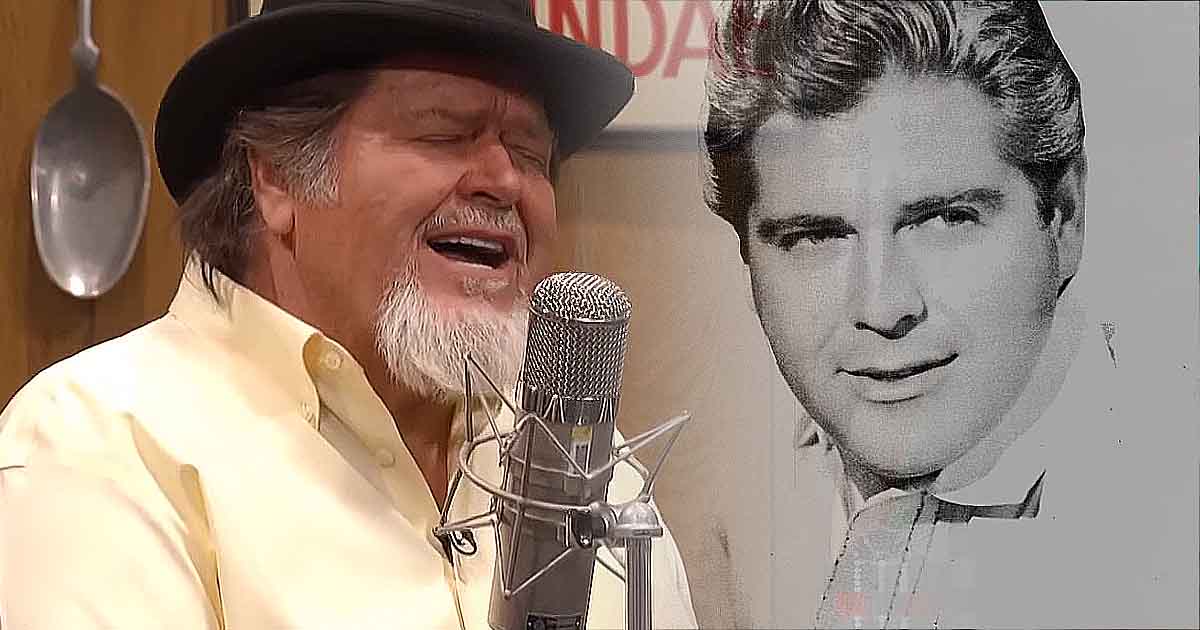Country music has always been a storytelling tradition, weaving the trials and triumphs of everyday life into melodies that stand the test of time. While most fans trace the roots of recorded country music to the 1920s with pioneers like Eck Robertson, Uncle Dave Macon, and the Carter Family, a recent discovery suggests the genre’s history goes even deeper.
A collector’s incredible find—a wax cylinder from 1891—has revealed what may be the earliest known country music recording. Featuring a song called “Thompson’s Old Gray Mule,” performed by Louis Vasnier, this groundbreaking discovery predates what we thought were the earliest recordings by over 30 years.
A Rare Glimpse into Country Music’s Earliest Days
The story began when collector John Levin stumbled upon a box of wax cylinders at an auction in Pennsylvania. For those unfamiliar, wax cylinders were one of the first mediums for recorded sound, predating vinyl records by decades. Upon playing one of the fragile cylinders, Levin discovered the voice of Louis Vasnier, a black singer from New Orleans active in the late 19th century.
RELATED: Why is Country Music Considered as White People’s Music?
The recording features “Thompson’s Old Gray Mule,” a tune later popularized by Uncle Dave Macon. Still, Vasnier’s version is believed to date back to 1891. Vasnier, who began performing publicly in the 1880s, was celebrated for his parody sermons and comedic storytelling, as highlighted by The Washington Post. He recorded for the Louisiana Phonograph Company, a trailblazer in capturing the sounds of the South during a time when recorded music was a novelty.
The wax cylinder’s origin is somewhat of a mystery. The recording was likely once played on jukebox-like devices popular in New Orleans at the time, bringing Vasnier’s humor and music to local audiences. Given its age—133 years—the cylinder’s survival alone is remarkable.
A Window into Forgotten Sounds
Last month, Archeophone Records, a label dedicated to restoring and releasing early sound recordings, made Vasnier’s 1891 performance publicly available for the first time. The release includes “Thompson’s Old Gray Mule” and a B-side of Vasnier’s parody sermon titled “Adam and Eve and de Winter Apple.” While the sound quality is understandably rough, the recordings offer an invaluable window into a forgotten chapter of music history.
Levin, whose careful preservation of the wax cylinders made this release possible, described how delicate the medium is: “They’re like polar bears or the California condor. If they’re not brought in from the wild, they get destroyed. Every 10 or 20 years, they go from one private collector to another, and they’re soft wax. You drop them from one half inch on a table, and they shatter.”
The significance of this discovery extends beyond Vasnier’s personal contribution. It challenges what we’ve long considered the starting point of recorded country music. Previously, the “Bristol Sessions” of 1927 were considered the genre’s defining moment, capturing the voices of Jimmie Rodgers and the Carter Family and solidifying Bristol, Tennessee, as the “Birthplace of Country Music.” However, Vasnier’s recording shows that the roots of country music were already formed decades earlier, with influences from diverse voices and traditions.
Preserving a Legacy
As we listen to Vasnier’s 1891 recording, we’re reminded of how much history lies in the untold stories of early music. These fragile wax cylinders preserve not just songs but a snapshot of life and culture from over a century ago. While we may never know the full story of Louis Vasnier’s life, his music now serves as a testament to the rich and varied history of country music long before it was even called that.
RELATED: King of Country Music: Who Truly Deserves the Crown?
Discoveries like these deepen our appreciation for the genre’s evolution. From Vasnier’s humor-laden tunes to the raw, heartfelt storytelling of the Bristol Sessions, country music has always thrived on the authenticity of its roots. This 1891 recording reminds us that those roots run deeper and broader than ever imagined.
For those curious to hear a slice of history, the Archeophone release is a must-listen. It’s a humbling reminder of how far the music has come—and a celebration of the voices that laid the groundwork for the songs we cherish today.


















